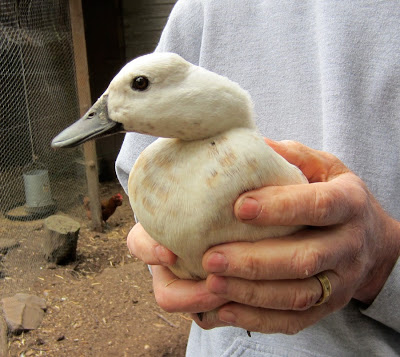Beeyard Report & Book Review
The bees know when fall arrives. On the 20th of September
the bee yard was full of buzz – a photo can’t capture the smell of honey, the flight
of thousands of pairs of golden wings, the need to bring in food before winter
comes.
Now at mid-day the workers go foraging and return loaded
with bright yellow pollen that winks in the dark as the bees enter the hives.
Pulling a feeder in garden gloves I took a sting to my finger -- the bees are
irritable and protective in this chill.
Bill McKibben’s new book Oil and Honey captures a different
urgency; to create a movement that can stop the Keystone XL pipeline, protect
our atmosphere and climate, and force politicians and corporations to consider
more than their own short-term interest.
It’s a memoir of recent events, from the creation of 350.org
in 2006 to last year’s national bus tour that kicked off in Seattle the night
after President Obama was re-elected. The excitement of movement-building
creates tension in counterpoint to the peace of a neighbor’s honey-house.
Hurricanes flood Vermont Valleys and the New York subway system, even as the
Occupy movement and the 350 demonstrators find their strength.
Now that the entire nation has a front in the Extreme Energy
wars, we struggle to block coal ports on the west coast, mines in Montana, tar
sands oil pipelines through Texas, and fracking in Pennsylvania. Beekeepers do
what they can to keep hives going despite parasites, pesticides, poisons in GE
pollen, and violent weather.
The urgency of bees in autumn brings in the food before the
cold and dark descend. Our urgency is to protect what’s left, to stop dumping
carbon into the atmosphere before we precipitate climate changes that will make
civilization (maybe human life) impossible to maintain.
Of course, we may have already passed the point of no
return. With six hives to watch over, I’m hoping that some will make it to
spring.




















